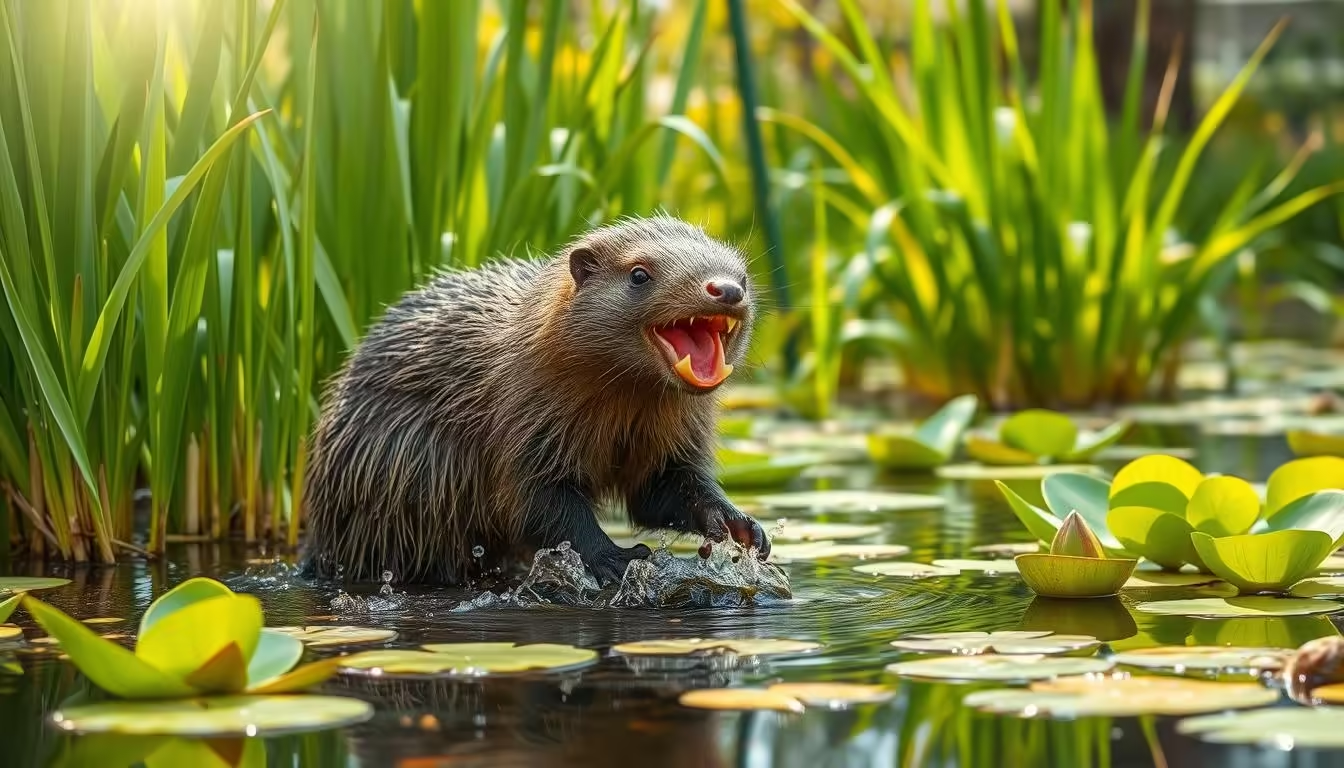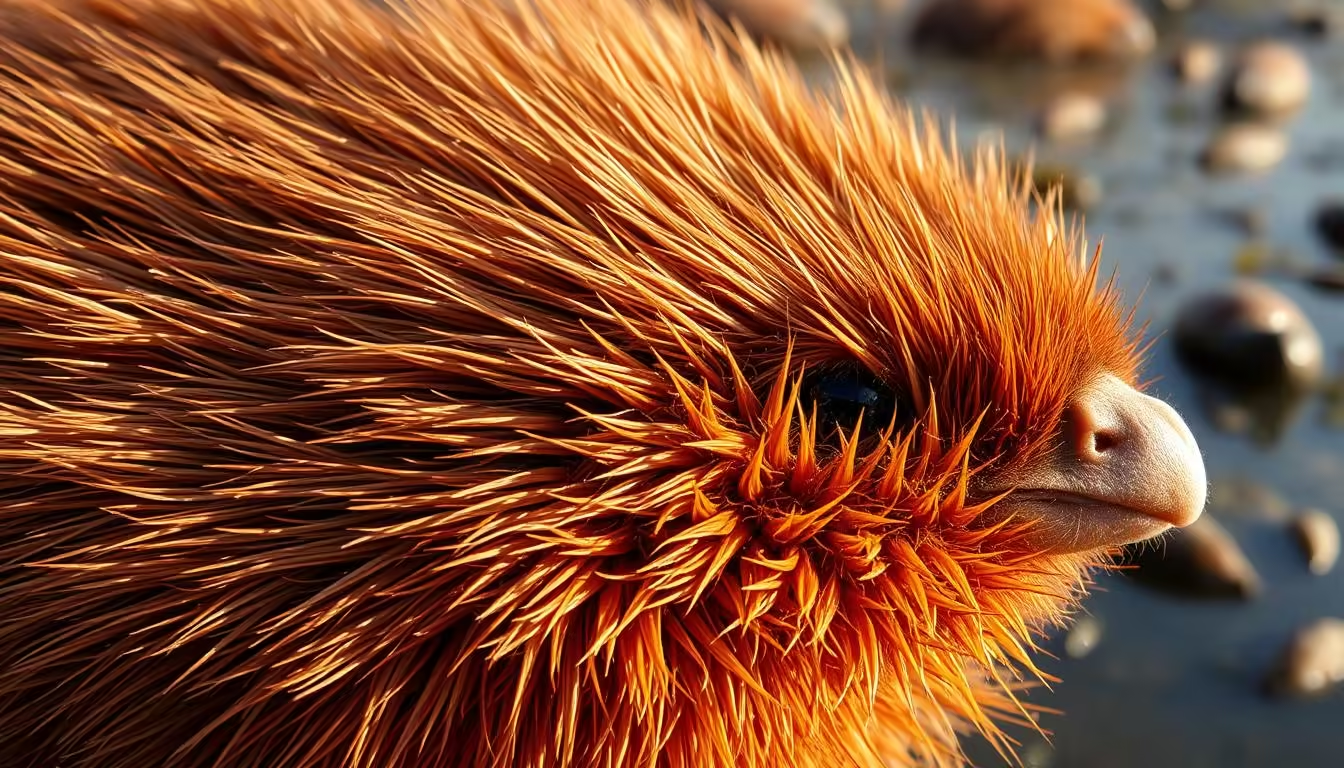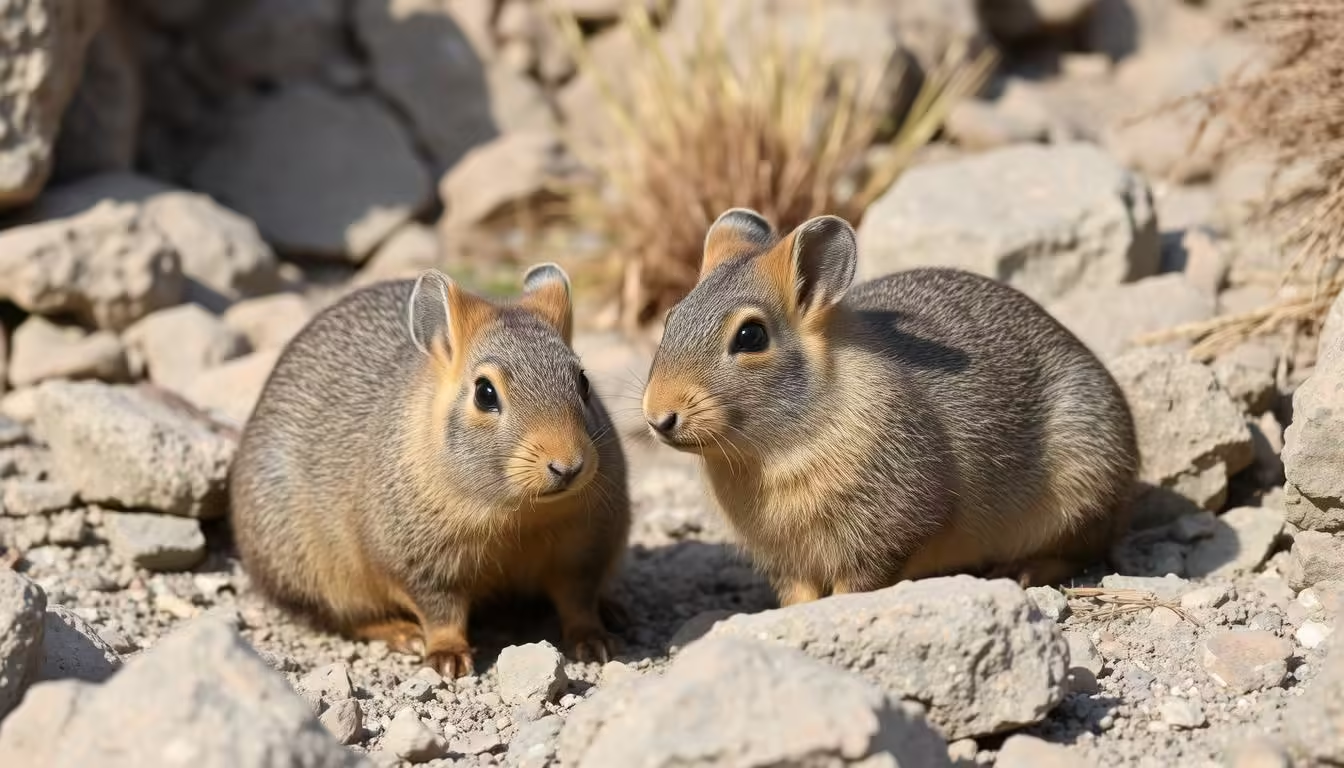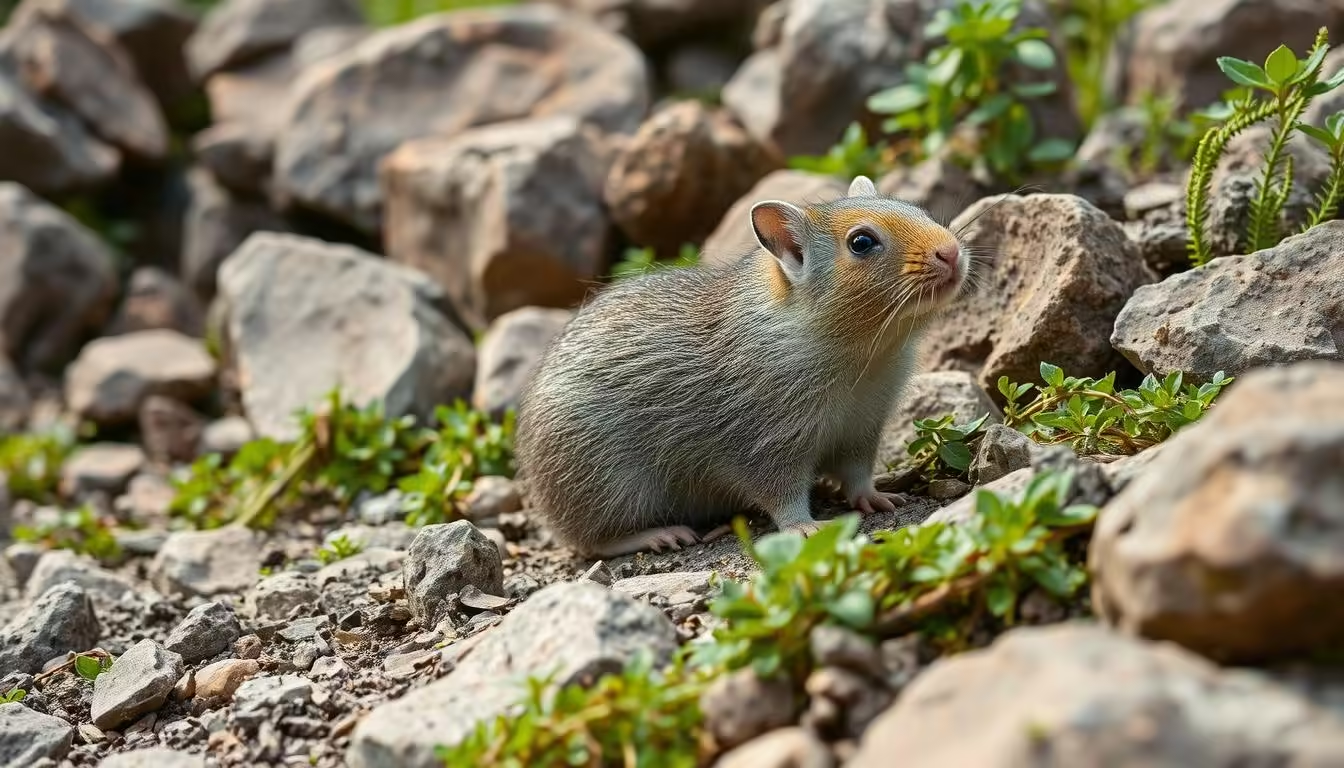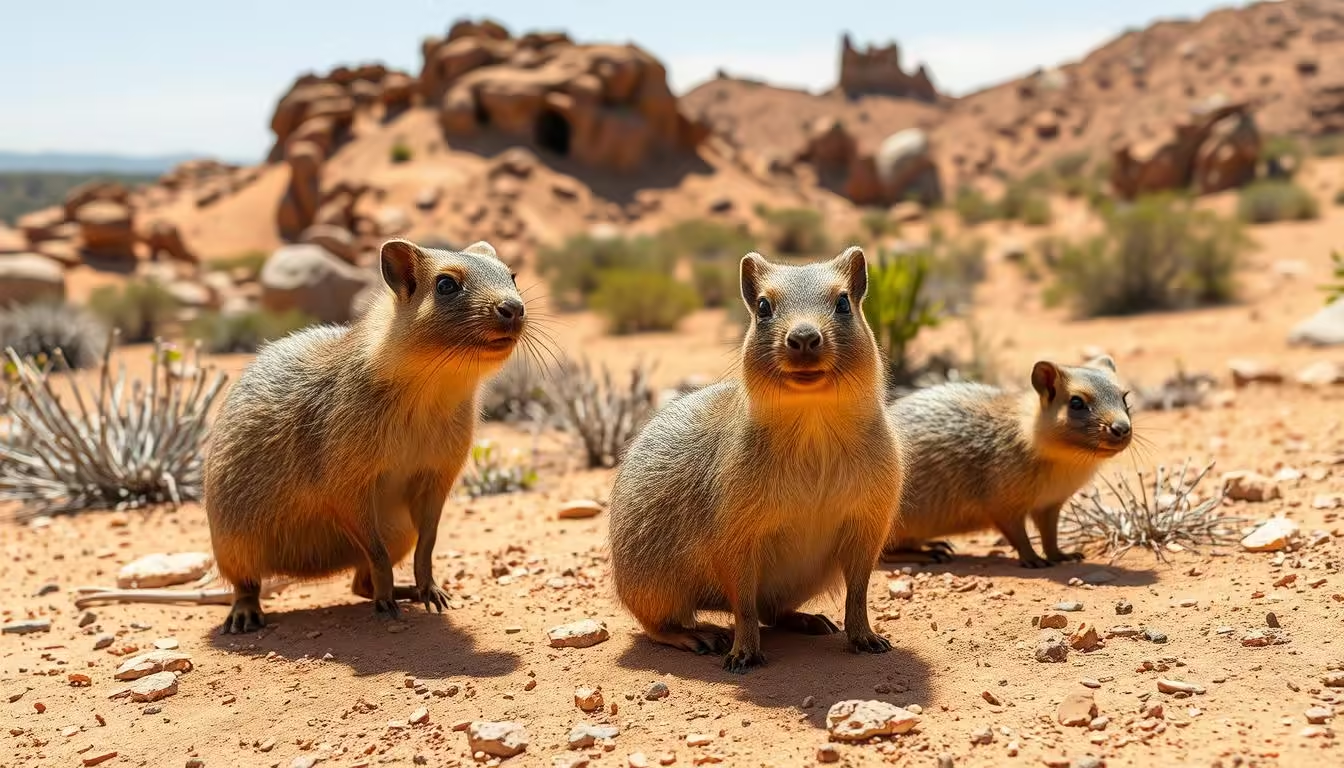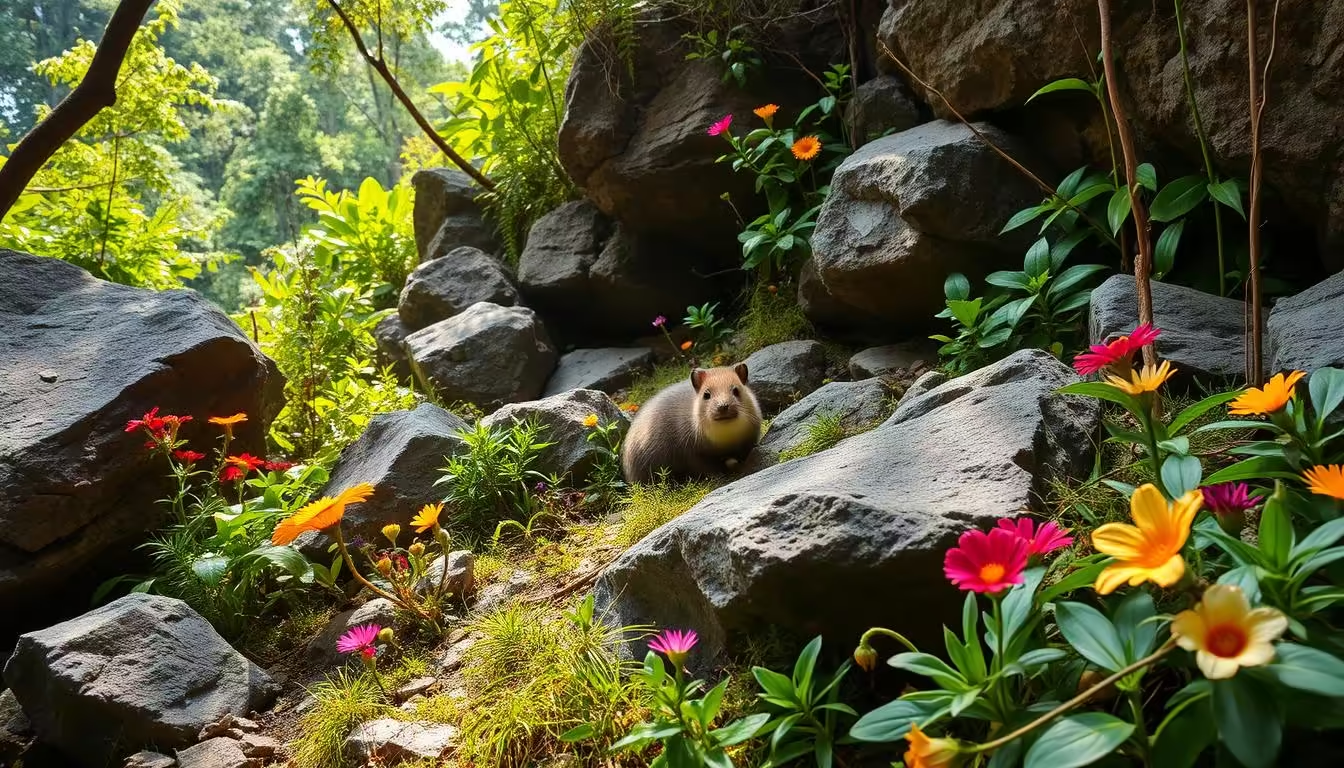Another cool fact is how big nutria can get. They can weigh up to 37 pounds and be 16-24 inches long, plus a 12-18 inch tail. Their coarse brown fur on the outside and soft gray fur on the inside are very valuable in the fur trade. This makes nutria important in the wildlife economy […]
Category Archives: Exotic Animal
Exotic animals refer to species that are not native to a particular region or are unusual pets. This category includes many animals such as reptiles, amphibians, birds, and mammals, often kept as pets or displayed in zoos and wildlife parks. Exotic animals can range from parrots and iguanas to tarantulas and sugar gliders. Owning exotic pets usually requires specialized care, habitats, and diets, and they may have unique behavioral and health needs. This category explores the fascinating world of exotic animals, their care requirements, legal considerations, and their roles in conservation and biodiversity.
The fur trade’s growth has sparked controversy. While the industry once made millions, public views on fur have changed. Animal rights groups and environmentalists now oppose using nutria fur, citing the damage and ethical issues with fur farming. Key Takeaways Nutria, a semi-aquatic rodent, were introduced to the U.S. in 1889 for their valuable fur, […]
Rock cavies are found in South America’s rugged lands. They are fascinating creatures that many wildlife fans love. But, they are not good pets for homes. They are different from guinea pigs, which are domesticated. Domesticating wild animals is hard. Rock cavies have strong instincts and adapt well to their natural homes. Moving them to […]
In Brazil’s rugged landscapes, a group of small, endearing rodents called rock cavies have won the hearts of many. These furry, guinea pig-like creatures belong to the cavy family (Caviidae). They have become internet sensations because of their unique adaptations and charming social behaviors. Though often overshadowed by their famous cousins, the capybaras, rock cavies […]
Rock cavies (Kerodon rupestris) live in the semi-arid Caatinga region of northeastern Brazil. They are medium-sized rodents, weighing about 1000g and 200-400mm long. They are well-suited to their rocky home and are key to the Caatinga’s ecosystem. As the only mammal found in the Caatinga, rock cavies are interesting. They are related to capybaras and […]
In South America, the rock cavy is a small rodent that helps keep the region’s biodiversity strong. It is related to guinea pigs and capybaras. Found in different habitats, including the Caatinga biome, it plays a key role in the balance of plants and animals. Rock cavies help plants grow by eating and spreading seeds. […]

